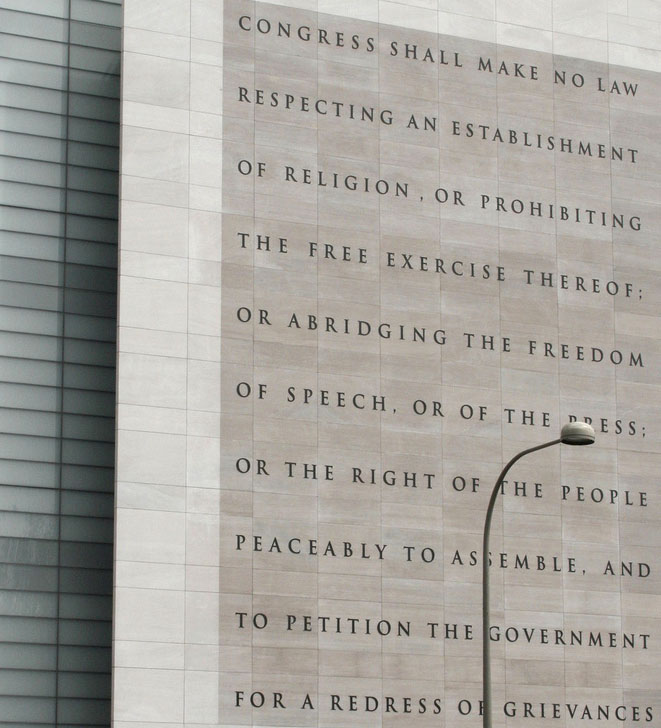Sweating the “Small Stuff” of Progressive Internationalism

Discussions of liberal orientations in U.S. foreign policy often quickly escalate into debates about the use of force, hypocrisy, and the status of “The Liberal International Order.” These are weighty and important issues. To the extent that liberal ordering drives—rather than simply serves as a rationalization for—American military interventions, we’re talking about hundreds of thousands of deaths. To the extent that liberal ordering becomes a consequential justification for supporting right-wing authoritarians, it results in American-backed coups, human-rights abuses, and even state-sponsored mass violence.
But, as I’ve noted before, there’s a lot of “below the radar” activities that the United States engages in that promote human rights and other liberal values. These activities include simply helping keep political and human rights on the agenda in bilateral and multilateral settings. They also include conditions and procedures surrounding bilateral and multilateral development assistance. Of course, Washington does not apply its pressure equally, and it shields some friendly regimes. But these are the kinds of tools that progressives will want to make use of a future left or center-left administration.
It’s true that the effectiveness of some of these policies is diminishing as a result of the end of the patronage monopoly once enjoyed by the United States and its allies. But, as I’ve pointed out before, the Trump administration is accelerating these processes by, for example, abdicating its influence in some multilateral institutions. This is also why, as a general matter, the administration’s possible efforts to redefine the human-rights agenda is so dangerous. If it comes to pass, it risks turning America’s bureaucratic, diplomatic, and economic infrastructure toward the promotion of reactionary, illiberal policies.
I think all of this provides important context for the latest revelation of how the Trump administration is, instead of using its reach to protect freedom of the press, aiding and abetting authoritarianism.
The current administration, however, has retreated from our country’s historical role as a defender of the free press. Seeing that, other countries are targeting journalists with a growing sense of impunity.
This isn’t just a problem for reporters; it’s a problem for everyone, because this is how authoritarian leaders bury critical information, hide corruption, even justify genocide. As Senator John McCain once warned, “When you look at history, the first thing that dictators do is shut down the press.”
To give you a sense of what this retreat looks like on the ground, let me tell you a story I’ve never shared publicly before. Two years ago, we got a call from a United States government official warning us of the imminent arrest of a New York Times reporter based in Egypt named Declan Walsh. Though the news was alarming, the call was actually fairly standard. Over the years, we’ve received countless such warnings from American diplomats, military leaders and national security officials.
But this particular call took a surprising and distressing turn. We learned the official was passing along this warning without the knowledge or permission of the Trump administration. Rather than trying to stop the Egyptian government or assist the reporter, the official believed, the Trump administration intended to sit on the information and let the arrest be carried out. The official feared being punished for even alerting us to the danger.
Unable to count on our own government to prevent the arrest or help free Declan if he were imprisoned, we turned to his native country, Ireland, for help. Within an hour, Irish diplomats traveled to his house and safely escorted him to the airport before Egyptian forces could detain him.
Keep in mind that this is happening as China is busy extending its own authoritarian reach across borders, forwarding, along with other illiberal regimes, a kind of extraterritorial authoritarianism. This is not a great time for the United States to be led by a petty autocrat and his reactionary courtiers.


